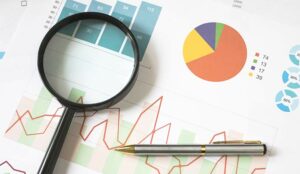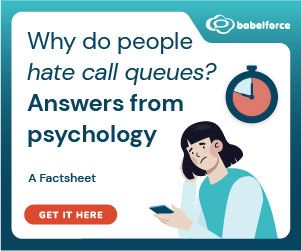Reporting and Business Intelligence
One of the supervisor’s, or manager’s many roles is to identify, collate and distribute business intelligence – not just raw data – making sure the results go to the correct parts of the contact centre and wider organisation.
By collecting and analysing data, tools can be used to report assessment results at all levels – supervisor, team or agent – which can highlight the attributes of a successful team.
By reviewing these assessments, supervisors can learn from each other. Additionally, best-practice calls can be saved and used by agents so that they can learn from them.
Business Intelligence
At a higher level, the management in the contact centre and the wider enterprise can also be provided with business intelligence gleaned from consolidating supervisor-level reports.
It is vital to gain an understanding of the type of calls that the contact centre is receiving, as well as how well it is coping with them.
Understanding and using all of this input at a micro- as well as macro-level means that the contact centre equips itself better to address its performance, scheduling and training needs, making itself more effective and providing a better service to its customers.
From a technical viewpoint, recording and reporting is also used to report exactly what happens before a technology system fault occurs, as it is of great importance to a business’s IT department to understand the exact sequence of events that occurs before a fault, so they can duplicate it and then repair it.
Written by: Steve Morell of ContactBabel
For more on contact centre technology, read these articles next:
- 10 New Ways Tech Is Helping Agents Right Now
- Isn’t It Time You Had a Customer Service Smartphone App?
- Does Emotion Detection Really Exist?
Author: Jonty Pearce
Reviewed by: Hannah Swankie
Published On: 14th Mar 2010 - Last modified: 10th Sep 2025
Read more about - Technology, ContactBabel





































